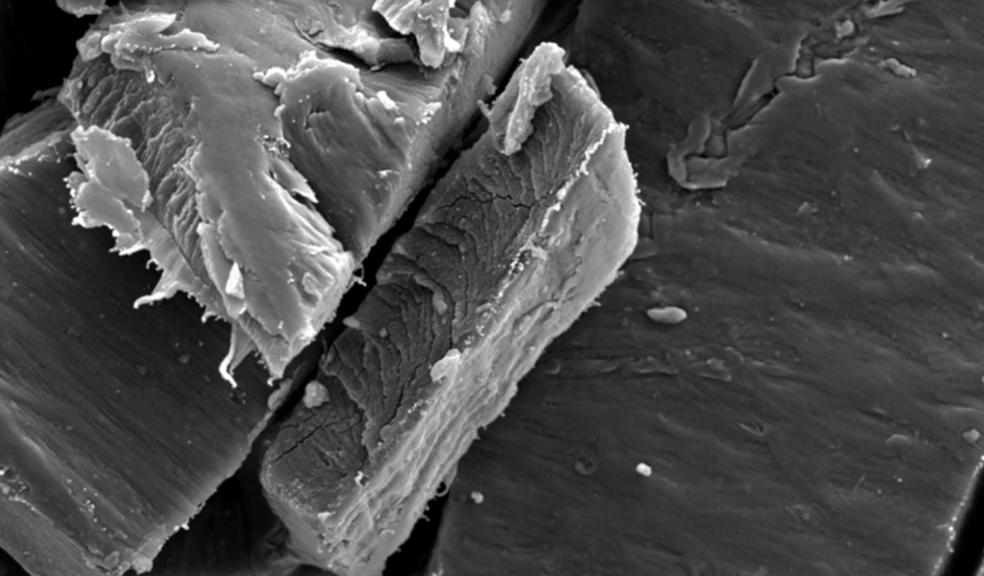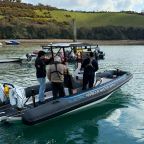
Plymouth academic welcomes Defra report on biodegradable plastic bags
In response to a report released today by Defra, which states there is no existing test standard that would qualify biodegradable plastics for exemption from the 5p carrier bag charge, Professor Richard Thompson from Plymouth University said:
“This report helps close a potential loophole and gives a clear message that it is not appropriate for degradable bags to be exempt from the 5p tax. It has been suggested that biodegradable plastics are a solution to the problem of marine litter, however designing plastic that would fulfil its life in service, but could somehow recognise when it has ceased to be useful and so begin to rapidly degrade, would be very challenging. As a consequence most biodegradable plastics are slow to degrade and need specific environmental conditions to do so, typically requiring, light heat and oxygen.”
Over the past decade, Professor Thompson has published dozens of papers on plastic debris in the environment including work demonstrating that plastic bags are slow to degrade in the sea, can be harmful to wildlife and affect marine habitats compromising ecosystem services.
He advised the government ahead of the initial plastic bag legislation launched in October 2015.
His research has shown that in the environment plastic items, including bags, can fragment into millions of tiny particles – which he and colleagues refer to as ‘microplastics’ – which can be ingested by a range of organisms, potentially damaging them.
He has long been concerned about the slow degradation, in the marine environment, of materials described as biodegradable, and the potential for degradable plastic bags to merely fragment into millions of pieces of microplastics.











